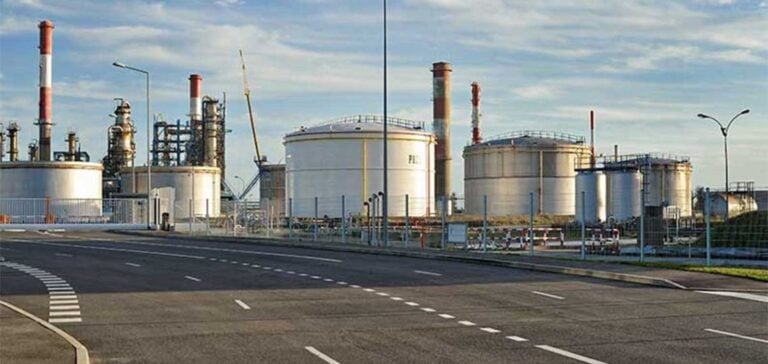US commercial crude oil stocks recorded a significant decline last week, according to data released by the US Energy Information Administration (EIA). During the week ending January 10, reserves fell by 1.96 million barrels, compared to a median forecast of 850,000 barrels by Bloomberg.
This drop is mainly attributed to increased refinery utilization, despite a slight slowdown in activity. During this period, US refineries operated at 91.7% of their capacity, down from 93.3% the previous week. According to Matt Smith, an analyst at Kpler, this high pace continues to weigh on national stocks.
An Imbalance Between Imports and Exports
Another factor contributing to this decline is the rise in US crude oil exports, which surged by 32.49% in a single week. Meanwhile, imports slightly decreased, falling by 4.73% over the same period. These movements increased pressure on national reserves, notably at the Cushing delivery terminal in Oklahoma, where stocks nonetheless rose by approximately 800,000 barrels.
US crude oil production also experienced a slight decrease, reaching 13.48 million barrels per day, down from 13.56 million the previous week.
Impact on Oil Prices
This contraction in stocks boosted the oil market. The price of West Texas Intermediate (WTI), the US benchmark, rose by 2.62%, reaching $79.54 for February delivery. This upward trend was already underway before the report’s release but gained momentum following the announcement.
Impact on Refined Products
Alongside the reduction in crude oil stocks, data show a notable increase in gasoline inventories, which grew by 5.9 million barrels, reaching a total of 243.6 million barrels. According to Matt Smith, this rise is due to high refinery utilization, while implied gasoline demand slightly weakened week over week.
These dynamics highlight the constant adjustments of the US oil market in response to fluctuating international demand and internal logistical constraints.






















